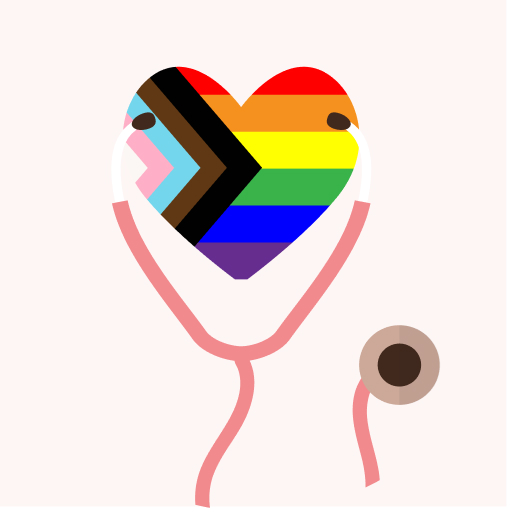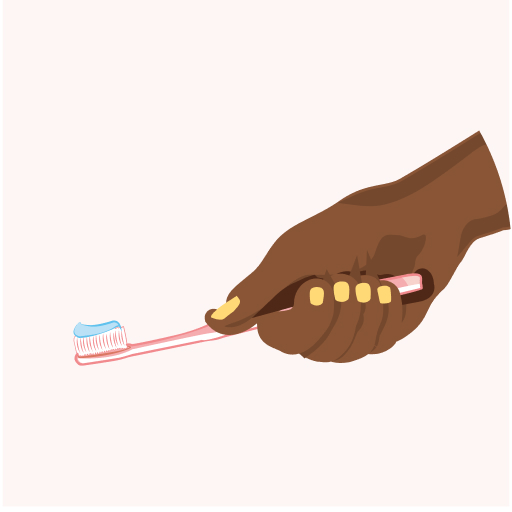
The Heart-Breaking Disease that is Killing Our Black Women
September 17th, 2004 was the worst day of my life that I will never forget. I woke up early, got ready for work, jumped in my car and turned on the radio to get me going. I was feeling hungry so I pulled into the parking lot of a fast-food restaurant to fill my hunger pain. As I was opening the car door, I received a call from my brother. He indicated a nurse called in the wee hours of the morning to speak to someone about our mother. The nurse wouldn’t relay any information to my brother because he wasn’t listed as an emergency contact on our mother’s paperwork. Our mother had arrived by ambulance at a nearby hospital days prior. She was feeling extremely weak, breathless and just overall fatigued. Needless to say she was admitted into the hospital. After speaking with my brother, I decided to stop by her home to see if anyone could tell me something before heading to work. But I knew in my heart that that something just wasn’t right. Fifteen minutes after I arrived, her partner walked in and said I’m sorry your mother has passed away. She was only 46 years old.
Unbeknownst to me, I learned from my mother’s Cardiologist, that she was diagnosed with Congestive Heart Failure (CHF) in 1999. CHF is a chronic condition in which the heart doesn’t pump blood as well as it should. A few weeks later, the autopsy revealed cause of death as Dilated Cardiomyopathy (DCM), a condition in which the heart’s ability to pump blood is decreased because the heart’s main pumping chamber, the left ventricle, is enlarged and weakened.
Heart disease & stroke is the No. 1 killer in women, and stroke disproportionately affects African-Americans, and according to the American Heart Association, Cardiovascular disease kills nearly 50,000 African-American women annually. And 49% of African-American women, who are 20 years old and older, have heart disease. Diabetes, smoking, high blood pressure, high blood cholesterol, physical inactivity, obesity and a family history of heart disease are all greatly prevalent among African-Americans and are major risk factors for heart disease and stroke.
The Centers for Disease Control indicates by living a healthier lifestyle, you can lower your risk for heart disease and heart attack by:
- Knowing your blood pressure
- Talking to your healthcare provider about whether you should be tested for diabetes
- Discuss checking your cholesterol & triglycerides with your healthcare provider
- Eating a healthy diet
- Maintaining a healthy weight
- Getting enough physical activity
- Not smoking or using other forms of tobacco
- Limiting alcohol use
- Lowering your stress level
Aside from knowing the preventative actions to help reduce your risk of heart disease and heart attack, it is critically important to know that you should seek medical attention immediately if you have any of the following symptoms below:
- Chest pain or discomfort
- Upper body pain or discomfort in the arms, back, neck, jaw, or upper stomach
- Shortness of breath
- Nausea, lightheadedness, or cold sweat
The statistics are alarming and heartbreaking but we can change the narrative by being aware of the signs and symptoms, understanding the risk factors and taking preventative action to reduce the risk of heart disease and heart attack for ourselves, the people we love and our community. My mother had so much to live for, but heart disease took her life too early. It has been a difficult journey without her, but I have made it my mission to share the importance of taking control of one’s health and well-being. I can’t and I won’t stay quiet in order to save another woman’s life, including my own. It’s not too late for you to become healthy and live the long, beautiful life that you deserve. Don’t wait another day. The time is now. Take care of your HEART.
More Content
Chronic Diseases
COVID-19 Reminds Me of Why I Got Into Public Health
COVID-19, the disease caused by the novel...











